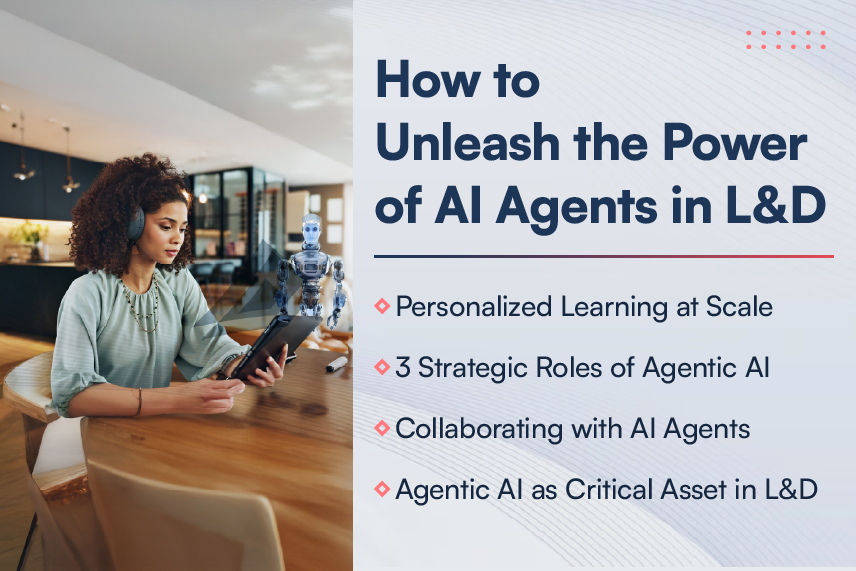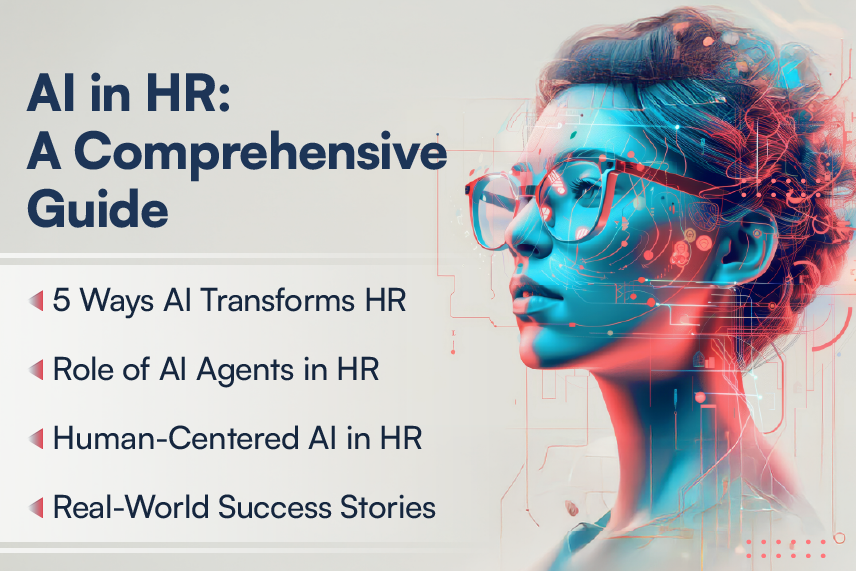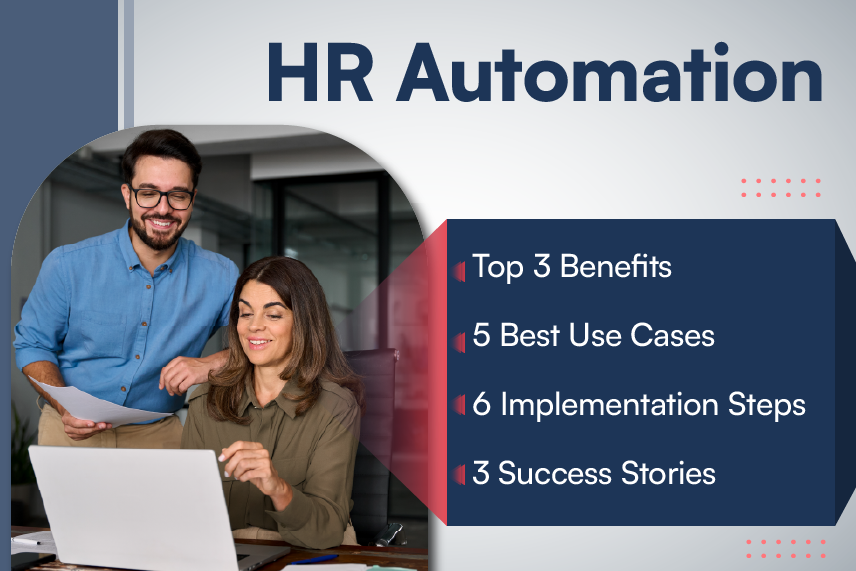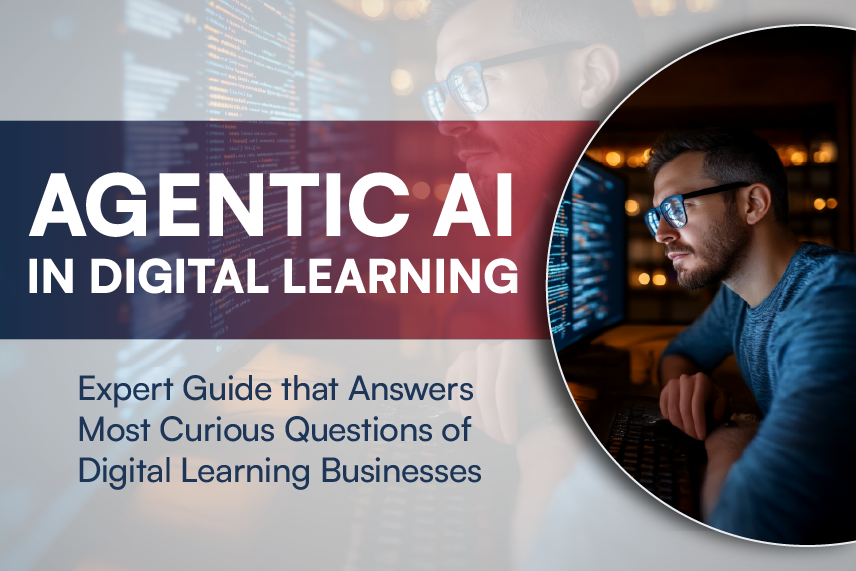
Embracing the power of AI in hiring is a great way to level up your hiring game while optimizing and improving different stages of the process. Traditional job assessments often cause organizations to miss out on efficient candidates as they become disengaged and lose motivation.
Imagine a hiring process that identifies the most qualified candidates and captivates them through an interactive experience. How can organizations achieve this goal? The answer lies in leveraging the potential of AI in hiring.
As organizations strive to find top talent who align with their values and goals, the need for innovative and efficient hiring methods has become increasingly evident. This is where AI steps in, revolutionizing the hiring process and transforming how we discover, assess, and engage with potential candidates.
Let’s explore how AI, a cutting-edge technology, is reshaping hiring for good.
Understanding AI in Hiring
While traditional methods have been widely used for years, they often come with inefficiencies that hinder processes like recruitment. Enter AI, the game-changer that has disrupted numerous industries, including recruitment. With AI integration, the recruitment process has transcended its former limitations, ushering in a new era of recruitment efficiency and precision.
Streamline HR operations like recruitment with transformative AI-powered solutions. Elevate HR efficiency, enhance employee engagement, and drive overall organizational performance.
At its core, AI in hiring involves the application of natural language processing, machine learning, and advanced algorithms to streamline various stages of the hiring process. Gone are the days of manually sifting through stacks of resumes. AI-driven tools swiftly analyze vast pools of data to pinpoint the most qualified candidates. But this is just the tip of the iceberg.
AI, an innovative technology, aims to enhance and automate specific segments of the hiring process, particularly those that involve repetitive tasks or high volumes of work. AI-driven hiring software harnesses the extensive data within your applicant tracking system to extract valuable insights from your talent pool.
Leveraging AI in hiring process enables recruiters to perform blind screening, thereby minimizing conscious bias. Additionally, it offers a unique window into past successful candidates who have made a lasting impact in their organizations.
5 Effective Ways to Embrace AI in Hiring
Using AI in hiring can transform the way you search, shortlist, and hire candidates. It is an intelligent move to ensure you attract the best talent while creating a memorable candidate experience. Let’s explore the top five ways to effectively leverage AI in hiring to get the talent you are looking for.
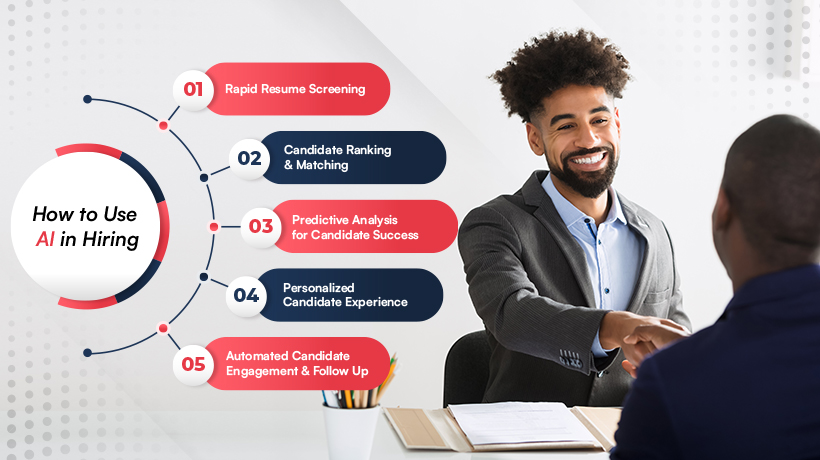
1. Rapid Resume Screening
Leveraging AI recruiting solutions for rapid resume screening prioritizes the qualifications and competencies of the candidate. Machine learning algorithms swiftly identify unqualified applicants, eliminating the risk of human bias and guaranteeing equitable assessment for all candidates, irrespective of their demographic attributes.
This accelerates the screening process, guaranteeing that only the most pertinent resumes advance to the subsequent phases of the hiring process, ultimately saving valuable time for recruiters and optimizing efficiency in candidate selection.
Harbinger developed an AI-powered candidate and job matching solution for a US-based HRTech company to improve search experiences for candidates and hiring managers. Our solution streamlined their recruitment process and reduced the time-to-hire.
2. Candidate Ranking and Matching
AI-based candidate ranking algorithms evaluate various factors such as skills and experience to create a comprehensive profile for each candidate. By comparing this data with job requirements and performance indicators, AI in hiring can generate a ranked list of the most promising candidates for specific job positions.
3. Predictive Analytics for Candidate Success
AI-driven predictive analytics use historical hiring data and employee performance metrics to identify patterns of successful hires. This data-driven approach helps recruiters assess a candidate’s potential fit within the company, enhancing the likelihood of finding the right talent for specific roles.
4. Personalized Candidate Experience
AI-powered chatbots and virtual assistants engage candidates throughout the hiring process, providing personalized updates, answering queries, and scheduling interviews. This improves the candidate’s experience, leaving a positive impression on potential hires and reflecting positively on the employer’s brand.
5. Automated Candidate Engagement and Follow-Up
Recruiters can use AI for hiring to automate personalized follow-up communication with candidates throughout the recruitment process. AI-driven systems can send timely updates on the application status, schedule interviews, and provide information about the company culture.
This ensures candidates remain engaged and well-informed, improving their overall experience and perception of your organization.
Top 3 Challenges of Using AI in Hiring
“AI is completely changing the world of HR. How people find and benefit from their workplace is becoming more influenced by machine decision-making. Unfortunately, much of the tech developed is unaware of emerging standards and practices for protecting people from potentially biased AI decisions.”
– Dr. Robert Elliot Smith, Chief of Science & Technology, Centigy
The integration of AI in hiring has promised streamlined recruitment and enhanced decision-making. However, its implementation is not without challenges. Let’s look at some of the challenges of AI-based hiring.
1. Algorithmic Biases and Hidden Prejudices
One of the most pressing challenges of using AI in hiring lies in the potential for algorithmic bias. AI systems learn from historical data. If this data contains inherent biases, the AI may inadvertently perpetuate those biases in its decisions. This can lead to unfair discrimination against certain demographics, undermining the principles of diversity.
To address the challenge of algorithmic biases, organizations can implement rigorous data preprocessing and cleansing procedures. By carefully curating training data and using techniques such as debiasing algorithms and fairness-aware machine learning, it is possible to reduce bias in AI models.
2. Integration and Maintenance Costs
AI-based hiring requires a substantial investment in technology, data acquisition, algorithm development, and ongoing maintenance. Building, fine-tuning, and updating AI systems can be resource intensive. Moreover, AI technologies are rapidly evolving, necessitating continuous updates to stay relevant.
While the initial investment to use AI in hiring might seem substantial, the long-term benefits can outweigh the costs. Cloud-based AI services and platforms are becoming more accessible, minimizing the need for extensive infrastructure setup. Collaborating with third-party vendors specializing in AI for HR solutions can also help distribute the costs and alleviate the burden of ongoing maintenance.
Additionally, organizations can focus on building scalable and modular AI systems, enabling more accessible updates and adaptations to keep up with evolving AI technologies.
3. Human-Centric Skills Assessment

AI can process large volumes of data in a quick time and with high efficiency. However, it might need to catch up in capturing the nuances of human qualities such as soft skills, cultural fit, and adaptability. Relying solely on AI can risk overlooking these critical aspects of an employee’s organizational success.
To complement AI’s data-driven assessment, organizations can adopt a hybrid approach that combines AI’s efficiency with human judgment. Integrating structured interviews, situational judgment tests, and other assessment methods focusing on soft skills and cultural fit can provide a more holistic view of candidates.
Utilizing AI in hiring to assist in the initial screening and data analysis stages can free up the recruiters’ time, allowing them to concentrate on evaluating candidates’ interpersonal skills, adaptability, and compatibility with the company culture during later stages of the hiring process. This ensures a well-rounded evaluation of candidates while leveraging AI’s strengths in data processing.
In a Nutshell
By incorporating AI in hiring, the process not only becomes more efficient but also more accurate, ensuring only the best-suited candidates are identified for each role.
AI-driven algorithms offer objective evaluations, reducing bias and discrimination, promoting diversity, and fostering a fairer hiring landscape. Furthermore, collecting vast amounts of data enables continuous improvement and fine-tuning of the hiring process, resulting in better matches between candidates and job roles.
However, it is crucial to recognize AI’s ethical considerations, such as data privacy and potential biases embedded in the algorithms. Organizations must ensure transparency and accountability throughout the implementation of AI in hiring.
With this visionary approach, organizations will flourish, assembling diverse, skilled, and engaged teams that thrive in the ever-evolving workplace. The future of HR is full of possibilities as AI will shape the workforce of tomorrow.
If you’re seeking cutting-edge HRTech solutions to improve your hiring process with the power of AI, look no further! Our HRTech experts are ready to assist you. Connect with us



